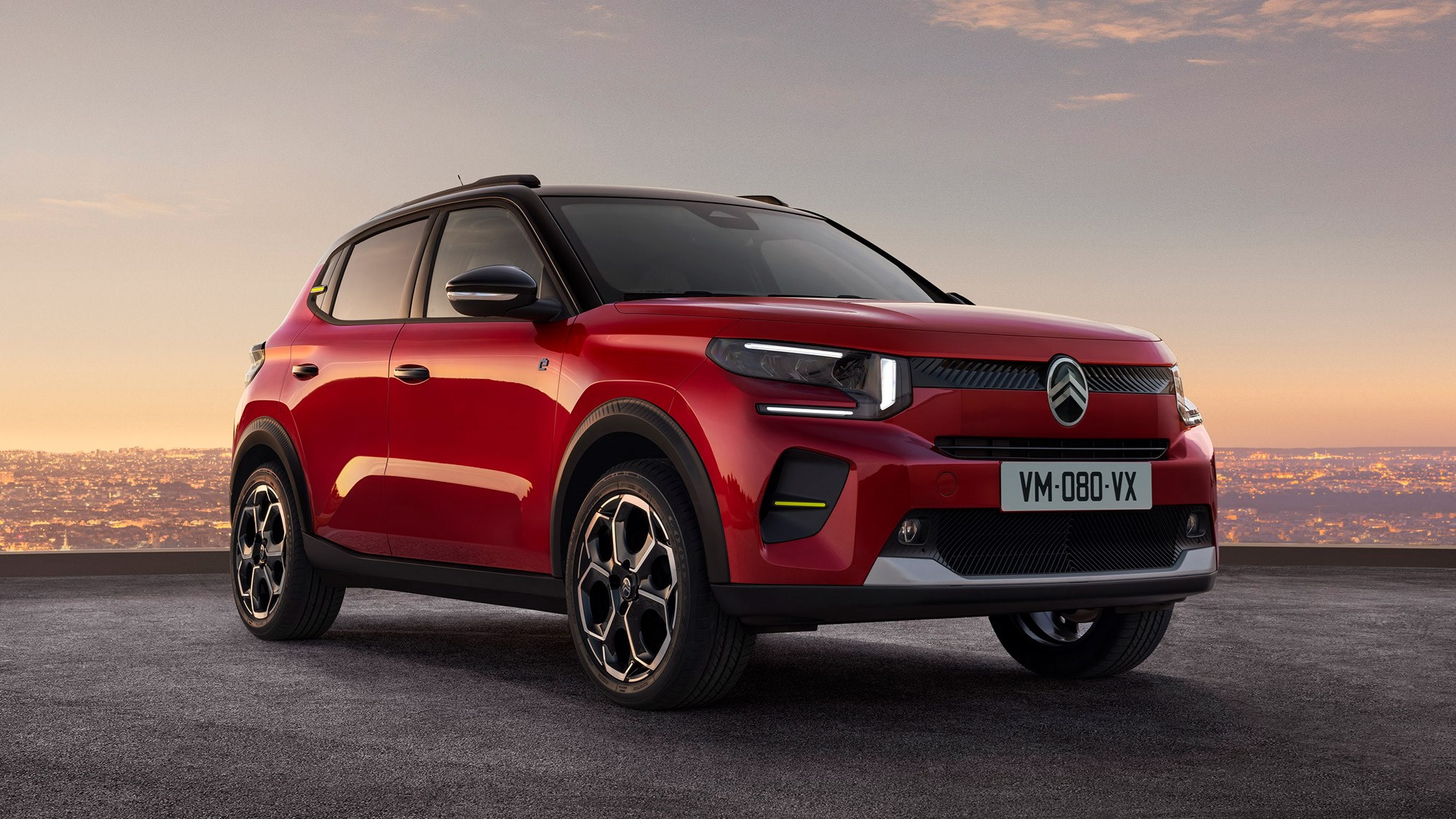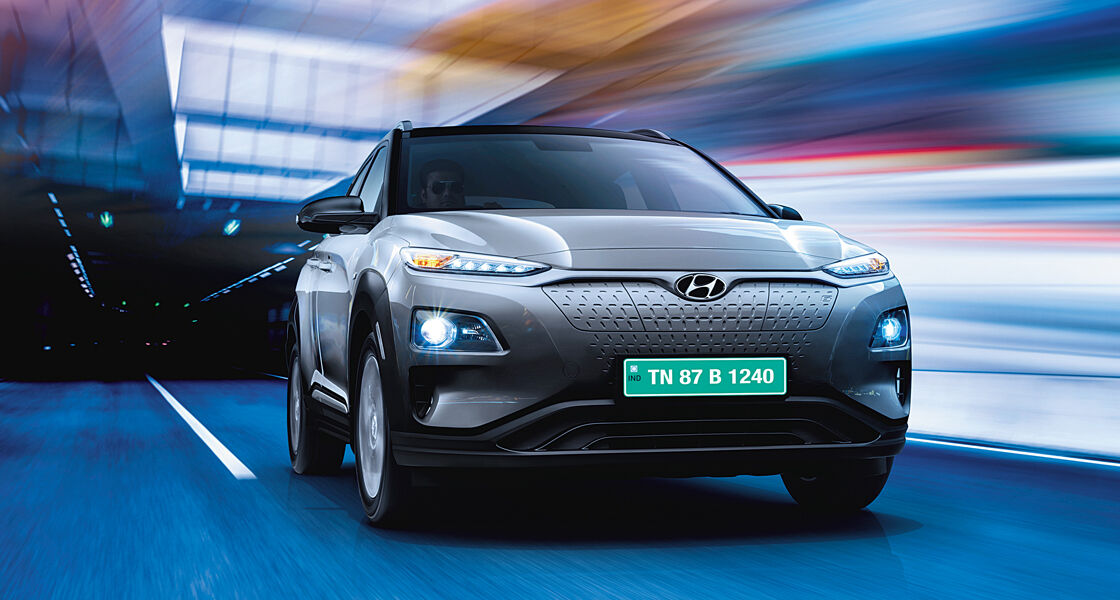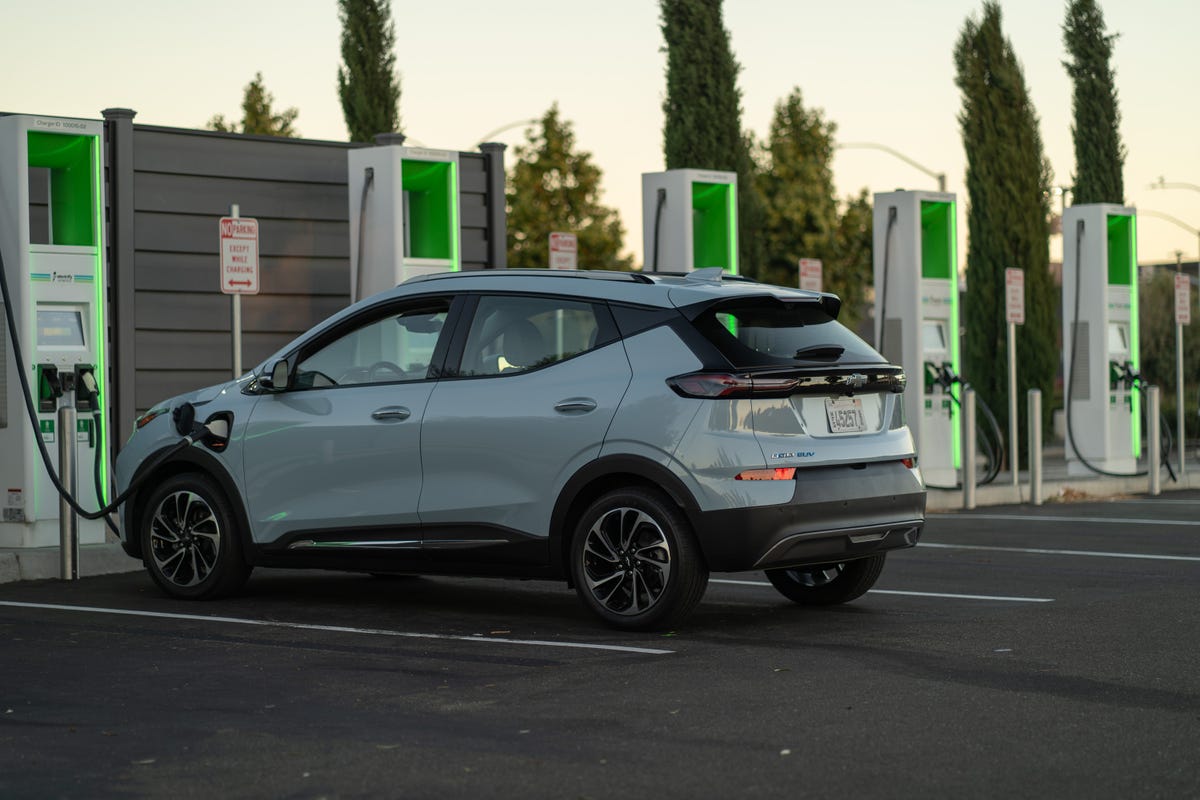Electric cars are no longer a futuristic concept; they're becoming a staple in modern transportation. With advancements in technology and growing environmental awareness, more people are considering making the switch from traditional gas-powered vehicles to electric ones. But buying an electric car is a significant decision and involves several considerations. Let's dive into the top five tips to help you navigate this exciting purchase.
Tip 1: Determine Your Budget

Initial Purchase Price
The first thing you need to do is figure out your budget. Electric cars come in a wide range of prices, from affordable models to high-end luxury vehicles. While the initial purchase price can be higher than that of a comparable gasoline car, it's essential to look beyond the sticker price.
Long-term Savings
Electric cars can save you money in the long run. They have fewer moving parts than traditional cars, meaning lower maintenance costs. Plus, electricity is cheaper than gasoline, which translates to significant savings on fuel.
Incentives and Rebates
Don't forget to factor in government incentives and rebates. Many governments offer tax credits or rebates for purchasing electric vehicles (EVs), which can help offset the initial cost. Check what's available in your area to maximize your savings.
Tip 2: Understand Your Driving Needs

Daily Commute and Range
Consider your daily driving habits. How far do you typically drive each day? Most electric cars have a range that easily covers the average daily commute. However, if you have a long commute or frequently drive long distances, you'll want to look for a model with a longer range.
Charging Infrastructure Availability
The availability of charging stations is another crucial factor. Check the charging infrastructure in your area and along your regular routes. Public charging stations are becoming more common, but you need to ensure they are conveniently located for your needs.
Long-distance Travel Considerations
For those who enjoy road trips, consider how the car will handle long-distance travel. Some electric cars have fast-charging capabilities, which can significantly reduce charging times during long trips. Planning ahead and knowing where fast-charging stations are located can make a big difference.
Tip 3: Explore Different Models

Researching Available Models
There's a growing variety of electric car models on the market, each offering different features and benefits. Spend some time researching the options available. Look at the specifications, performance, and customer reviews to get a sense of what each model offers.
Comparing Features and Performance
Compare the features and performance of different models. Consider factors such as acceleration, handling, interior comfort, and technological features. Make sure the car you choose fits your lifestyle and preferences.
Test Driving Various Options
Never underestimate the importance of a test drive. Visit dealerships and test drive several models to get a feel for how they handle. Pay attention to the driving experience, comfort, and how easy it is to use the car’s features.
Tip 4: Consider Charging Options

Home Charging Solutions
Charging your electric car at home is one of the most convenient options. You can install a home charging station, which allows you to charge your car overnight. Investigate the installation costs and whether your home’s electrical system can support it.
Public Charging Networks
Familiarize yourself with the public charging networks available. Apps and websites can help you locate charging stations nearby. Some networks require memberships, so consider which ones are most beneficial for you.
Charging Speed and Time
Different charging stations offer varying speeds. Level 1 chargers are the slowest, typically taking overnight to fully charge a vehicle. Level 2 chargers are faster, while DC fast chargers can significantly reduce charging time but may cost more. Consider how much time you can dedicate to charging and choose your options accordingly.
Tip 5: Evaluate Total Cost of Ownership
Maintenance Costs
Electric cars generally have lower maintenance costs than gasoline vehicles. They don’t require oil changes, and there are fewer parts that can wear out. However, keep in mind that battery maintenance and eventual replacement can be costly.
Insurance Rates
Insurance for electric cars can be higher due to the cost of repairs and parts. Get quotes from different insurance providers to see how much it will cost to insure your chosen model.
Depreciation and Resale Value
Consider the depreciation rate and resale value of the electric car. Some models hold their value better than others. Research the market trends and choose a car that will retain its value over time.
Conclusion
Buying an electric car is a significant step towards embracing the future of transportation. By determining your budget, understanding your driving needs, exploring different models, considering your charging options, and evaluating the total cost of ownership, you can make an informed decision. Electric cars offer numerous benefits, from cost savings to environmental impact, making them a smart choice for many drivers.
FAQs
Q. How long does it take to charge an electric car?
Ans: Charging times vary based on the type of charger and the car's battery capacity. A Level 1 charger can take 8-12 hours, Level 2 chargers typically take 4-6 hours, and DC fast chargers can charge up to 80% in 30 minutes to an hour.
Q. Are electric cars more expensive to insure?
Ans: Insurance for electric cars can be higher due to the cost of repairs and parts. However, some insurance companies offer discounts for electric vehicles. It's best to shop around for the best rates.
Q. Can I charge my electric car at home?
Ans: Yes, you can charge your electric car at home using a standard electrical outlet (Level 1) or a more powerful Level 2 home charging station. The latter requires professional installation but offers faster charging times.
Q. How do electric cars perform in cold weather?
Ans: Cold weather can affect the range and performance of electric cars. Batteries are less efficient in low temperatures, which can reduce range. Preconditioning the car while it's still plugged in and using seat warmers instead of cabin heating can help mitigate these effects.
Q. What is the lifespan of an electric car battery?
Ans: The lifespan of an electric car battery varies but is typically between 8 to 15 years, depending on usage and environmental conditions. Most manufacturers offer warranties on batteries for 8 years or 100,000 miles.
